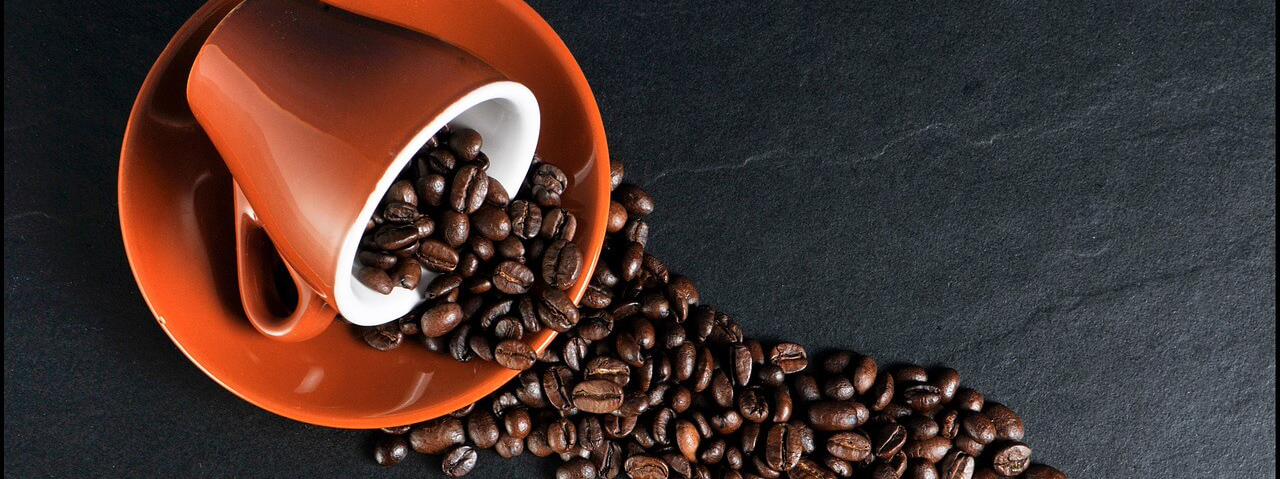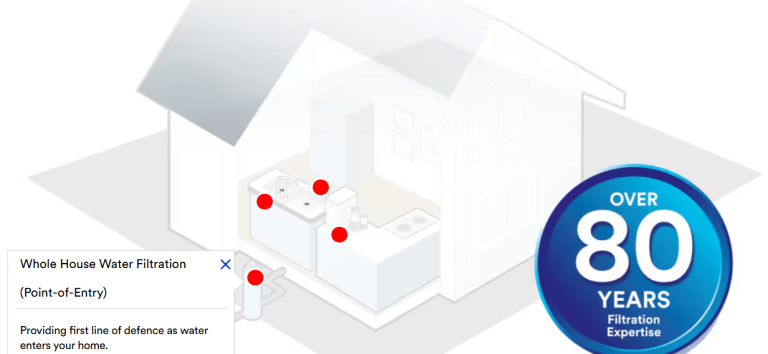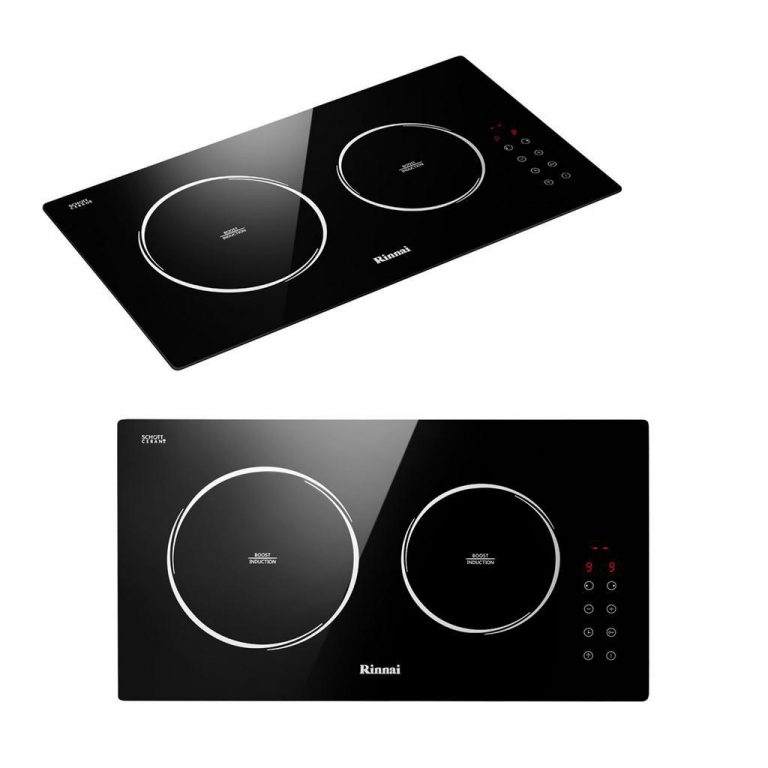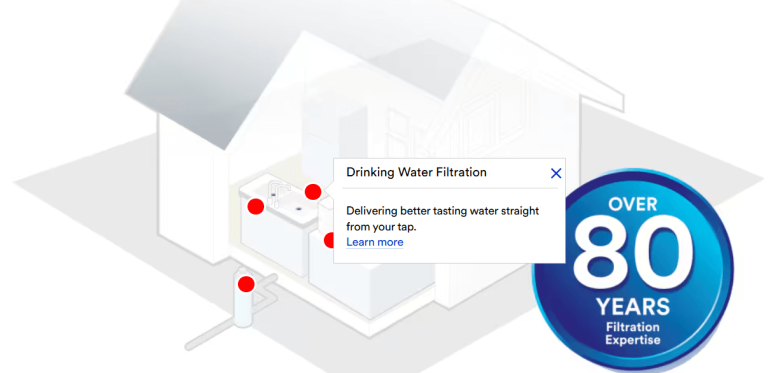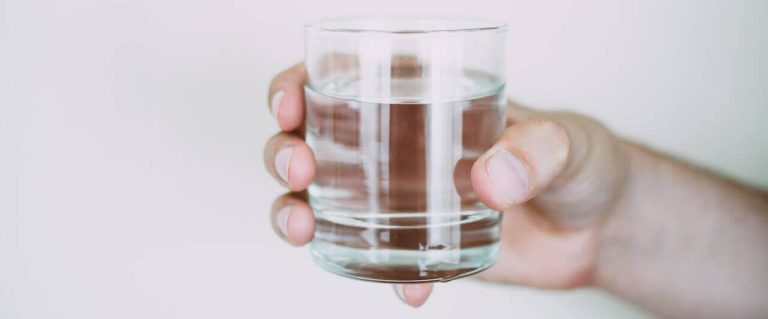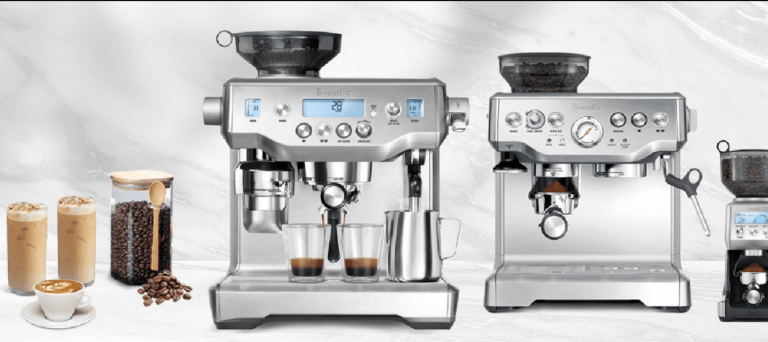The Importance of Using Filtered Water for Brewing Coffee
Brewing a great cup of coffee is not just about selecting the finest beans or having a top-of-the-line coffee maker; it’s also about the water you use.
The quality of water, specifically filtered water, plays a pivotal role in determining the taste and quality of your brewed coffee.
Rany, a Product Expert from xam max kitchen delve into why filtered water is essential for a superior coffee experience.
Flavor Consistency
Coffee is a complex beverage with a wide range of flavours and aromatic compounds. To appreciate these subtleties fully, you need a consistent water source.
Tap water can vary significantly in mineral content, hardness, pH, and impurities, leading to inconsistent coffee taste.
Filtered water, on the other hand, helps maintain a consistent water profile, providing a stable foundation for your coffee’s flavour.
Mineral Content
Coffee extraction is a delicate balance of dissolving soluble compounds from the coffee grounds.
The minerals in the water, such as calcium and magnesium, are essential for extracting the desirable flavours and oils from the coffee.
Filtered water allows you to control and adjust the mineral content to align with coffee’s specific requirements, enhancing the brewing process.
Reduced Impurities
Tap water can contain impurities and contaminants like chlorine, iron, sulfur, or sediment, which can impart unwanted flavours to your coffee.
Using filtered water eliminates or reduces these impurities, resulting in cleaner, purer coffee with a more pronounced taste of the coffee itself.
Balanced pH
The pH level of water can impact coffee extraction. Water that is too acidic or too alkaline can lead to under-extraction or over-extraction, affecting the balance and clarity of flavours in your coffee.
Quality water filters can help maintain a balanced pH level, ensuring the best possible extraction.
Enhanced Aroma
Filtered water can significantly enhance the aroma of your coffee. When brewing with clean, filtered water, you’ll experience the full range of fragrant notes and nuances in your coffee, from fruity and floral to nutty and chocolaty.
Preventing Scaling
Filtered water can help prevent scale buildup in your coffee maker or espresso machine.
Hard water, which is rich in minerals, can lead to scale deposits over time, reducing the efficiency and lifespan of your equipment. Using filtered water minimizes this risk.
Clarity and Cleanliness
Filtered water produces coffee with greater clarity, brightness, and cleanliness. It eliminates any off-putting tastes or odours that might be present in unfiltered tap water.
Cost Savings
While investing in a quality water filtration system may seem like an additional expense, it can lead to cost savings in the long run.
By using filtered water, you can extend the lifespan of your coffee equipment, reduce the need for descaling, and ensure consistent brewing, ultimately saving money.
Choosing the Right Water Filter for Coffee
Brewing a perfect cup of coffee is an art, and the quality of the water you use is a crucial element in this process.
When it comes to selecting the right water filter for your coffee needs, you must consider several factors to ensure that the water you use is optimized for coffee brewing.
This includes taking into account your water source, the type of coffee you’re brewing, and the specific equipment you use. Here’s a detailed guide to help you choose the appropriate water filtration system:
1. Water Source
- Understanding Your Water Quality: Start by understanding the quality of your tap water. You can contact your local water utility or get a water quality report to identify any contaminants, mineral levels, and the overall composition of your water.
- Water Hardness: Check the water hardness in your area. Hard water, which contains high levels of minerals like calcium and magnesium, can lead to scale buildup in your coffee equipment. Softening your water may be necessary, and this can be achieved through various filtration methods.
- Impurities: Identify any impurities in your water, such as chlorine, sulfur, or sediment. A good water filter should effectively remove or reduce these impurities to improve the taste and purity of your coffee.
2. Coffee Type and Brewing Method
- Consider the Coffee You Brew: Different coffee beans and roast profiles require specific water qualities to bring out their best flavours. For example, some coffees may benefit from slightly harder water, while others shine with a softer profile. Research or experiment to find the optimal water parameters for your favourite coffee.
- Brewing Equipment: Your choice of brewing equipment also plays a significant role. Espresso machines, pour-over setups, and French presses may have varying requirements in terms of water temperature, mineral content, and overall water quality. Ensure that your water filter aligns with your chosen brewing method.
3. Water Filtration Methods
- Activated Carbon Filters: These are common in-home water filtration systems. They effectively remove impurities like chlorine, sediment, and some minerals. Consider the capacity and lifespan of the filter, as well as its ability to adjust mineral content if needed.
- Reverse Osmosis: This method can remove a wide range of impurities and adjust mineral content. It’s suitable for households with challenging water quality but may require remineralization for coffee brewing.
- Ion-Exchange Resins: These filters can specifically target hardness minerals, making them ideal for areas with very hard water. They replace calcium and magnesium ions with sodium ions.
4. Filter Capacity and Replacement Schedule:
- Determine the filter’s lifespan and capacity. Some need frequent replacements, while others can last for several months. Factor in the ongoing maintenance costs when selecting a filter system.
5. Budget and Sustainability
- Consider your budget for purchasing and maintaining a water filter system. Balance the upfront costs with long-term savings, as filtered water can extend the lifespan of your coffee equipment.
- Additionally, evaluate the environmental impact of the filtration method you choose. Some systems are more sustainable than others, considering factors like waste generation and energy consumption.
6. Consult with Experts
- Reach out to coffee professionals or consult experts in water quality and coffee brewing. They can provide valuable insights and recommendations tailored to your specific needs.
Rany mentioned that the importance of using filtered water for brewing coffee cannot be overstated. Filtered water provides a stable, controlled, and clean foundation for the brewing process, allowing the coffee’s true flavours and aromas to shine.
It ensures a consistent and superior coffee experience, whether you’re a casual coffee drinker or a passionate coffee connoisseur. So, for that perfect cup of coffee, don’t overlook the quality of your water—invest in a good water filtration system. Visit xam max kitchen, Malaysia’s leading online appliances store.

